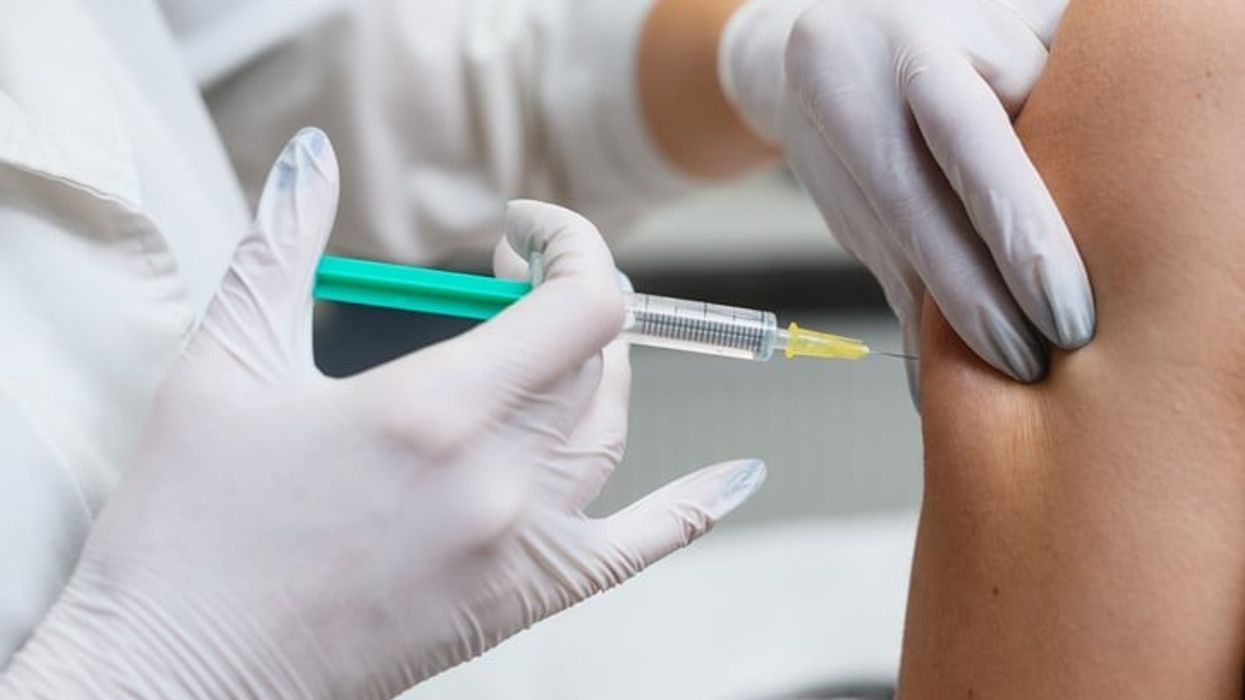THE UK Health Security Agency (UKHSA) and the British Islamic Medical Association (BIMA) have urged members of the Muslim community to prioritise their flu and Covid vaccinations to strengthen their immunity against winter viruses.
People eligible for Covid vaccinations are encouraged to book their jabs before the NHS online booking system closes on 20 December.
According to the latest UKHSA data, over the past two winters, at least 18,000 deaths were associated with flu, and more than 19,500 deaths were linked to Covid. Health leaders and experts are keen to ensure that communities are not left vulnerable to severe winter illnesses this year, a statement said.
Those aged 65 and over, pregnant women, and individuals with certain long-term health conditions such as diabetes or cardiovascular disease are all eligible for free flu and Covid vaccines.
Thousands of children, especially those under 5 years old, are hospitalised each winter due to flu, with high admission rates for this age group.
According to experts, vaccinating children not only protects them but also shields vulnerable individuals such as babies, elderly relatives, and those with underlying health conditions.
Dr Naveed Syed, consultant in Communicable Disease Control at UKHSA, said, "Vaccination against flu and Covid remains the most effective way to protect yourself and your loved ones from these serious infections this winter. The uptake of vaccines in many communities is still too low to ensure the safety of vulnerable family and friends. I urge everyone who is eligible to get their vaccinations booked as soon as possible.
"It's also crucial that children are vaccinated. Each winter, many children end up in hospital due to flu, and many of these cases could be prevented with a simple vaccine. Vaccinating your child not only keeps them healthy but also helps to prevent the spread of flu in the community, protecting those who are most vulnerable, like elderly relatives."
School-aged children from reception to year 11 are eligible for a free flu vaccine administered as a quick and painless nasal spray at school. If children miss their school vaccination, parents can book appointments at local NHS community clinics.
Parents should return consent forms to their child’s school, and children aged 2 and 3 years can be booked for flu vaccine appointments at their GP practice. If there are any concerns about the vaccine, parents are advised to consult a trusted religious leader or an NHS nurse or doctor. For those with religious or medical reasons preventing the use of the nasal spray, an alternative flu vaccine that does not contain porcine is available, the statement added.
For the first time this year, pregnant women and individuals aged 75-79 are eligible for the new Respiratory Syncytial Virus (RSV) vaccination. The maternal vaccine provides protection for newborns in their early months, when they are most vulnerable to serious illness from RSV.
Dr Salman Waqar, GP and president of the British Islamic Medical Association, said, "Our faith encourages us to consider the implications of our actions on the people around us. That is why we encourage eligible Muslim children, vulnerable adults, and those over the age of 65 not to delay their decision to get vaccinated for free against Covid and seasonal flu. Please take up this offer to reduce your chances of hospitalisation this winter.
"We know many people in our community have religious concerns about the porcine content of the children’s nasal flu spray, but they should know that the flu injection for both children and adults is free of this and can be requested."





